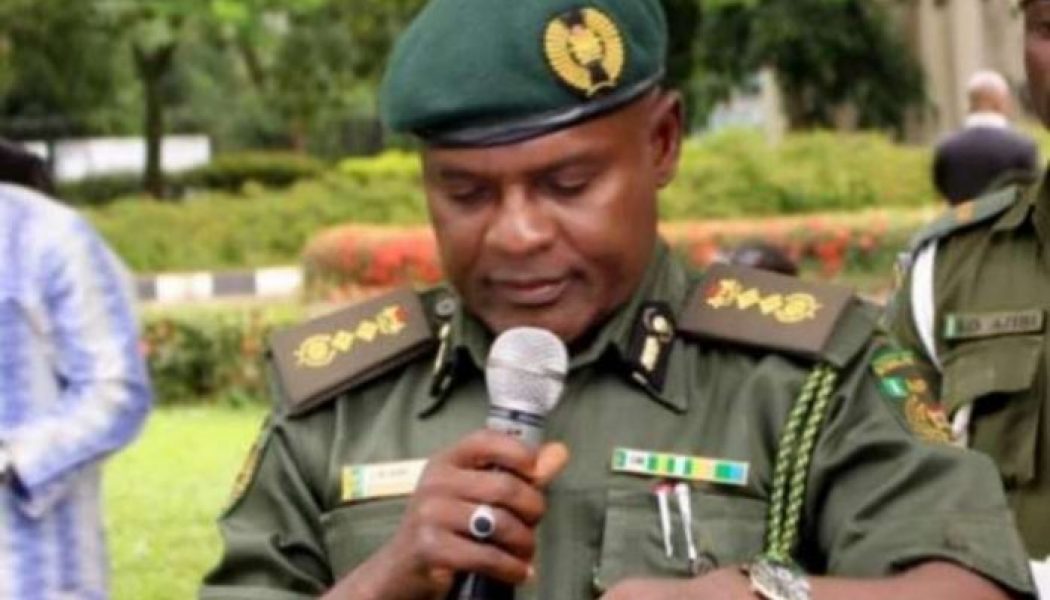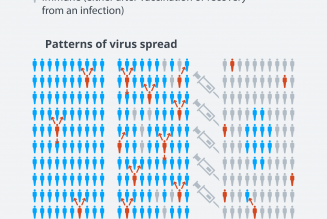
Dr. Ibrahim Goni, the Conservator-General of the National Park Service, says the agency has trained 1,200 officers on basic combat readiness paramilitary by the Nigeria Army.
Goni, who disclosed this at a news conference on Tuesday in Abuja, said that the training was to help the officers and men to meet the current and future conservation requirements.
“Training and re-training of officers is key to achieving success in the implementation of the service mandate.
“Therefore, manpower development as a human capital function is responsible for developing the skills, knowledge and competence of the service,” he said.
Goni said that the agency would focus more on manpower development to help the officers and men achieve the mandate of the service.
He said that in spite of its limited resources, the agency would work with relevant stakeholders to put in motion a process through which officers, including Park Support Zone Communities (SZCs) be trained.
“This is to enhance the capacity of the service and community, so as to efficiently and effectively deliver on the mandate of the service.
“The partnership is also for strong capacity building through workshops, seminars and conferences to improve tourist infrastructure such as Eco-chalets, tracks among others,’’ he said.
The conservator-general said that the agency was also partnering with other relevant stakeholders to promote ecotourism in the country.
Goni said that the agency was planning that the officers undergo a study tour to review more structures of other countries such as Kenya, South Africa, Tanzania, Ghana, Cameroon, Rwanda, Gabon among others.
He said that the training and the tour would help the officials actualise vision and mission of the service.
He noted that the major objective of the service was to provide recreation in the national parks, adding that the potentials for recreation in all the parks were exceedingly high.
The conservator-general also urged the communities to see the park resources in their domain as theirs, rather than to view it as government property.
Goni said that communities should be allowed to participate in provision of services such as guiding the park’s environment.
“Local and traditional institutions that harbor strangers in their communities threaten the security of life; properties and that of the park resources should be monitored.
“The issue of rangers, herdsmen and farmer’s conflict, Illegal settlements or enclaves within the parks, were major challenges negating conservation efforts,” he said.
According to him, the service is planning to constitute a functional local advisory committee in each of the unit parks, the effort will improve the service.
He said that the agency was also planning to embark on community outreach programme that would be targeted at SZCs.
“The programme will focuses on the provision of education and training opportunities for all ages and genders of SZC members such as computer training, adult literacy and education, and alternative livelihood technologies.
“This strategy requires the involvement of the park’s SZCs in the co-management of the park resources and initiating a non-violence conflict resolution mechanism central to this strategy are enclaves communities.









